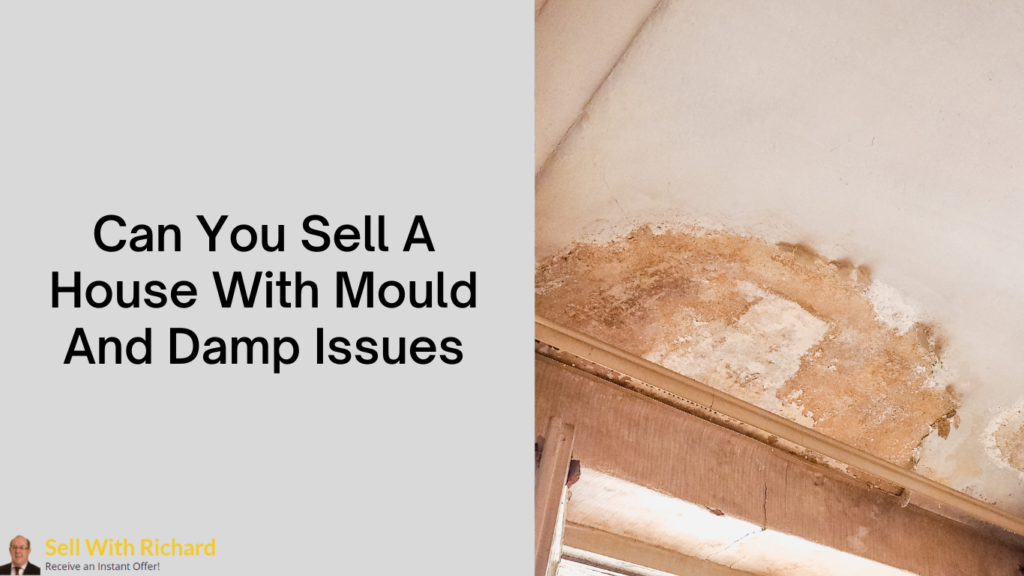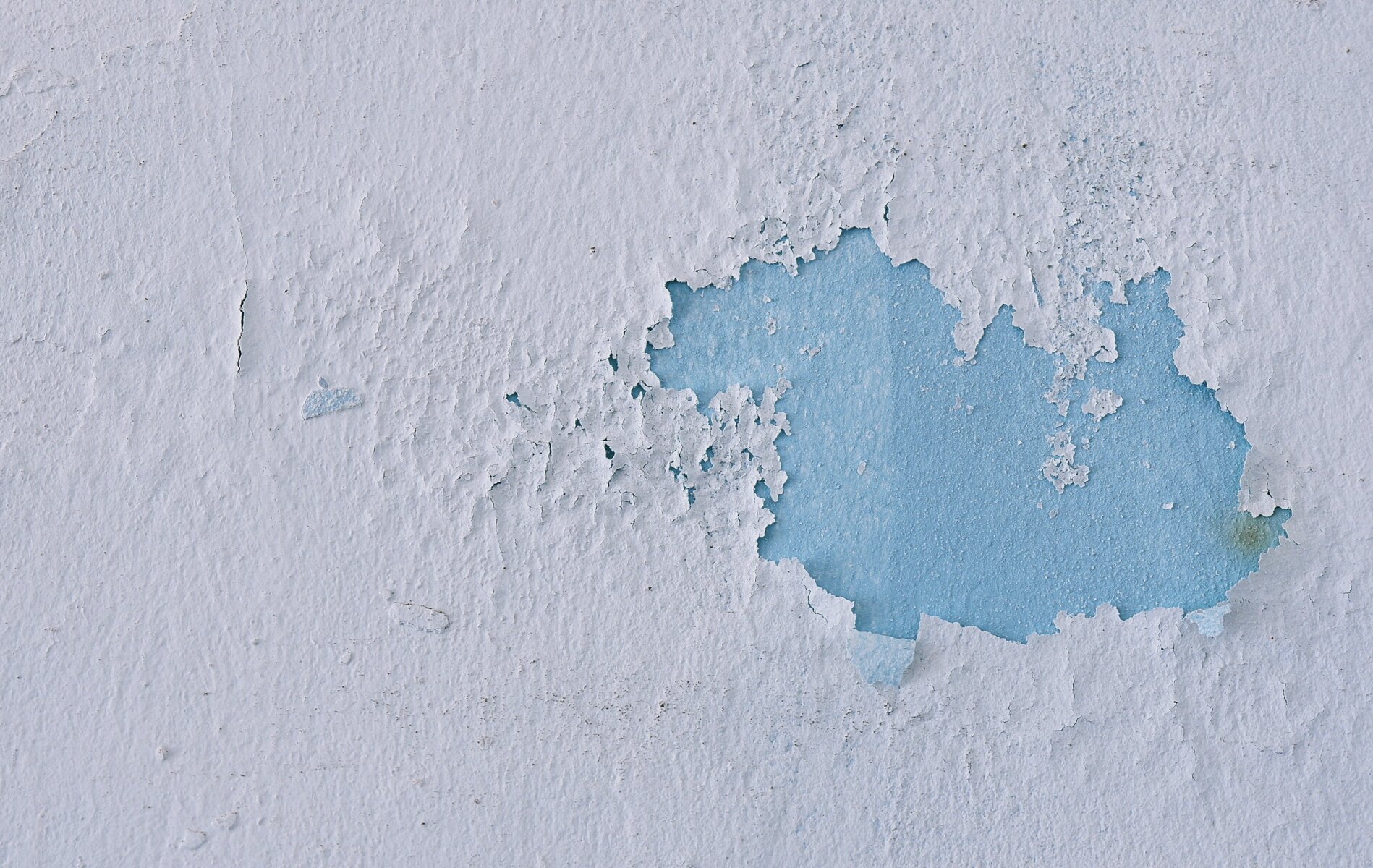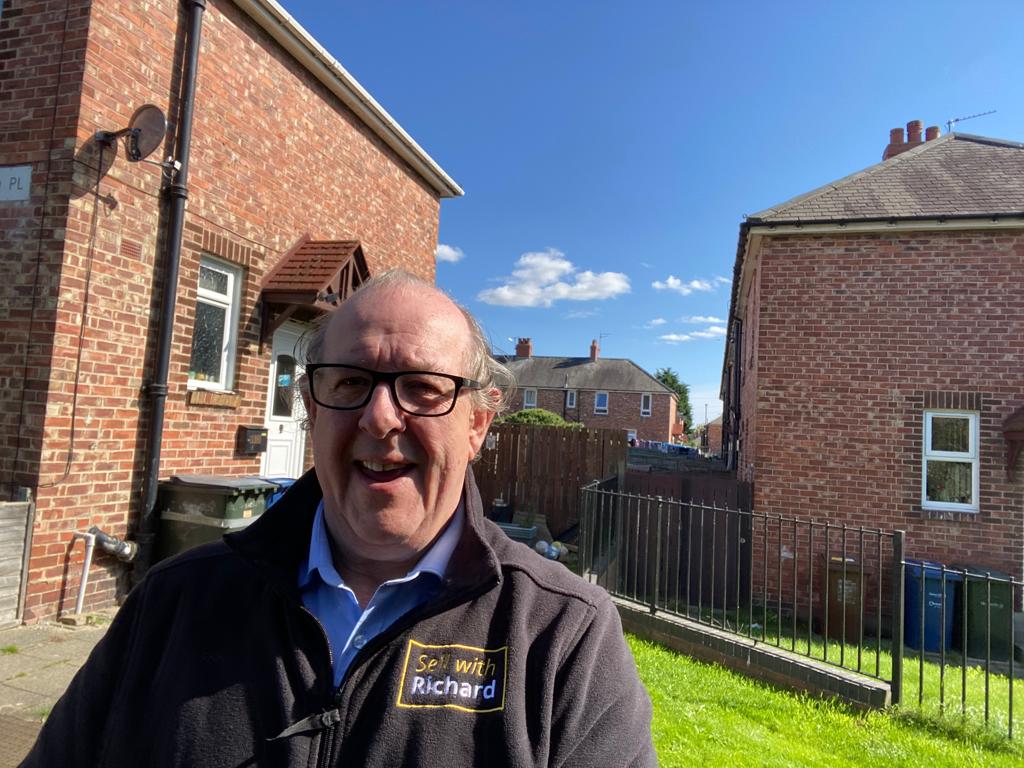
Key Takeaway
- It is unwise to hide the issue if you are thinking of selling your house.
- You can even damp-proof your house to avoid any future complications.
- According to experts, your house value can lose up to 53% of its value if you have these issues.
Mould and damp can be deceptively troublesome. You’d think that with some strong cleaning products, it’s gone. But these issues can definitely spread and cause you a whole world of new problems.
It becomes even more problematic when you’re thinking of selling your house. Fortunately, there seems to be a diminishing trend of dampness in homes, with a 10% difference between 1996 and 2018. Still, for the unlucky ones, as they say, recognising the problem is the first step to a solution. However, private dwellings seem to most likely to have damp issues.
If the potential buyer spots these issues, they might immediately hop onto Google and type in “Should I buy a house with mould and damp issues?” and come up with a million reasons not to buy your property. In this article, we will discuss the effects of mould and damp issues on your sale.
Dangers of mould and damp
It’s only natural that issues like mould and damp will affect your property’s value. This isn’t only a minor inconvenience. A study by the Environmental Protection Agency found that 21% of asthma cases can be attributed to mould and dampness in a home. This adds up to a $3.5 billion national annual cost.
Individuals with weak immune systems such as infants, children and elders are especially vulnerable to the adverse effects of mould. While critical and serious effects are rare, potential buyers would not want to take the risk.
How much does mould and damp devalue a home?
You might think that mould and damp can be easily eradicated, but chances are, it’s going to spread faster than you can get rid of it. Especially in moist areas of your home such as basements, lofts and bathrooms, the spread is accelerated and can get out of control.
According to property experts, a property with these issues can lose up to 53% of its value. This can even branch out into more complex issues with other areas such as insurance. Your house can be perfect all over, but you run the risk of cutting the price if you sell it with mould and dampness.

Do you have to disclose mould remediation when selling a house?
It is unwise to hide the issue from potential buyers. You can’t just obscure it or splash some paint over to hide moulds. It is a legal requirement for the seller to disclose such issues to the buyer. This is done when filling out the seller’s property information questionnaire.
If you want to be taken seriously as a seller, then you have to respect your potential buyers and keep them in the loop at all times. You have to be careful not to forget to mention these issues to the buyers, as it might cause some serious legal consequences.
Selling a house with damp issues
The best way to avoid obstacles in selling your house, still, is to prevent problems such as mould and damp from the start. You can even damp-proof your house to avoid any future complications. When selling a house with issues, you’ll have to consider a number of things.
First, you can commission a treatment and repair plan and let professionals get rid of the issue. This will ensure that the problem is properly taken care of, especially for issues that are relatively minor and isolated. Make sure to thoroughly document the entire process. Another option is to sell your home as-is and drop the price for the buyers to cover the treatment cost.
There can be downsides to both options. For example, repairs can be time consuming and cost a lot. Or buyers might be averse to taking the property off of your hands. For severe infestations, buyers may be refused by mortgage lenders. You also have to consider the inconvenience and the costs that the buyer has to shoulder if they buy your property.
Either way, you need to accept the implications of these issues. Even after treatment, buyers may still want a discount, considering the house’s history. Find the best middle-ground and negotiate for a price you’re both happy with.

About Richard Mews
Richard has 31+ years of property experience, has been Chairman of several regeneration committees and has helped more than 600 homeowners and landlords get easy, stress-free personal solutions for selling their property. Richard’s goal is to give you unbiased help to receive a quick house sale, even if that means not working with him.
Let’s connect:



